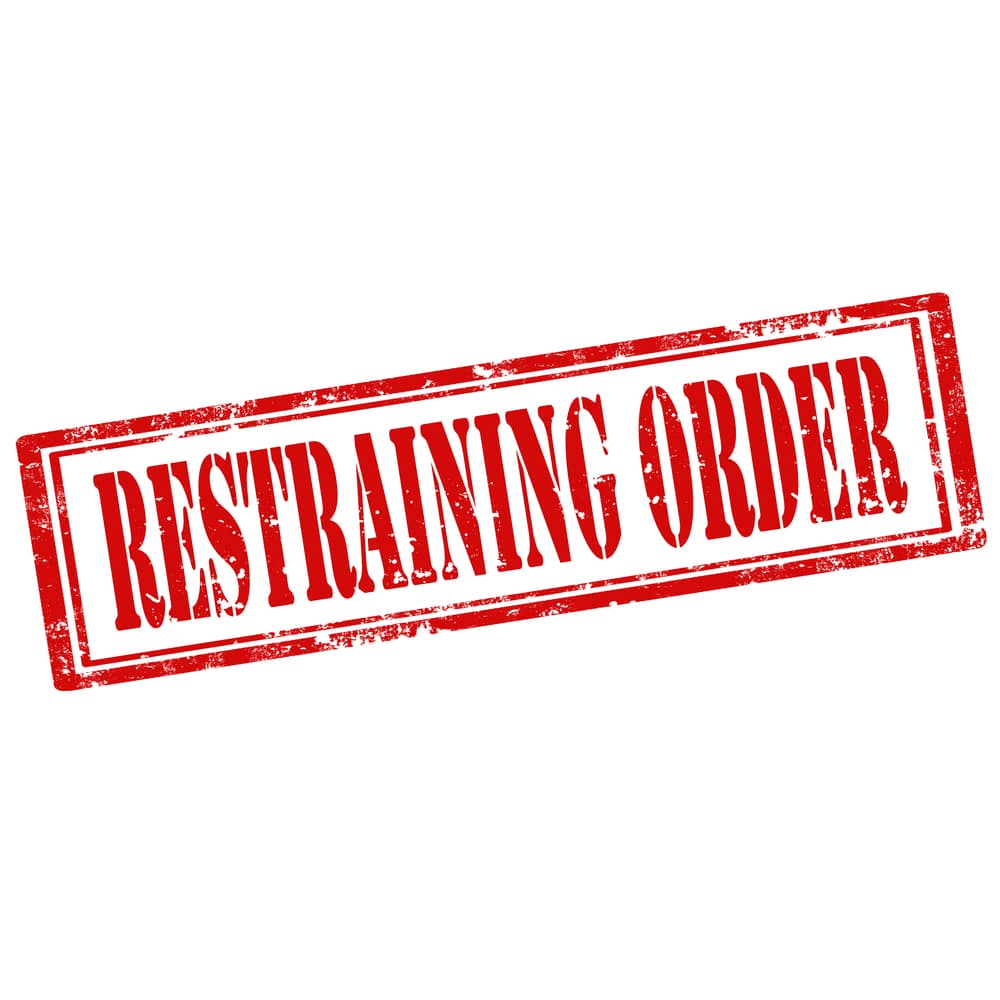
10 Jan What Is a Restraining Order?
Domestic violence occurs in relationships where one person is abusive to the other person that they are supposed to love. In many cases, domestic violence is ignored, overlooked or denied by the offended and the offender. Anyone in a relationship can be abused, it doesn’t matter if the victim is male or female, abuse is abuse.
Domestic abuse is when a person is in an intimate relationship with another individual and tries to gain the upper hand or control their loved one with physical, emotional or verbal violence. There are resources available for male and female victims of domestic abuse. Resources such as the National Domestic Violence Hotline, 1-800-799-7233 (SAFE) are available to help people who are affected by abuse.
Many times victims of abuse have to file court-ordered protection documents in order to ensure that they are legally protected from their abusers. In order to qualify for a restraining order one must have been physically or emotionally abused and they must be in fear of the abuser. Victims of rape can also file for a restraining order against their rapist while the criminal court case is in process. The defining characteristics of these orders is that one must be involved in some type of relationship, although it doesn’t have to be a sexual relationship,in order to qualify for the restraining order. You can be granted a restraining order if you have been threatened, assaulted, stalked or had property destroyed by someone who you are in a relationship with or are related to. This person can be related by blood, marriage, adoption, have a child in common or share the same home with the abuser.
A restraining order (aka domestic violence injunction) is a legal order upheld through the court system and enforced by police officers, in order to protect an abused person from their abuser. The domestic violence restraining order prohibits an abuser from coming within a certain distance of the victim for a specified amount of time. The purpose of a restraining order is to give the victim distance from the abuser. Unfortunately, these are particularly common when divorce proceedings are pending.
In many states, the victims of domestic violence can seek relief from the courts by filing criminal charges against their abuser, seek recourse in a court of family law or file civil orders of protection or a restraining order. Many states also require that an incident occurs in the state in which you are applying for the protection order. While the process and length of protection may vary from state to state, once the Domestic Violence injunction is established, it is recognized (and enforceable) in all 50 states.
Although you don’t have to apply for a restraining order immediately after the incident occurred, it is best to apply for a restraining order quickly after the first time abuse occurs. When the abused waits to file a restraining order, it tends to make it more difficult to show that the abuse actually occurred and that the abused is in fear of imminent danger of their physical safety. The courts have a duty to protect the abused but to also protect those who are accused of abuse from frivolous restraining orders.
While some may find peace after obtaining a restraining order, it is not the remedy for the domestic abuse – only legal protection for the victims. Many experts argue that restraining orders stoke the fires of rage, making the abuser more violent, while others argue that without the restraining order, the police have nothing to enforce against the abusers.
It is best to research the particular restraining orders in your specific state as the names, restrictions, and requirements vary depending on the location. Some states offer temporary protection orders, peace and protection orders and also interim protection orders when the courts are closed to protect victims of abuse from their abusers. In Florida, Statute 741.30 addresses Domestic Violence Injunctions.
If you have been a victim of abuse or you know a victim of abuse and are in need of more information, please feel free to contact us.
If you are in need of domestic violence protection, please first call the police and file a report. Once you have filed a report, then contact a Florida Family Law attorney for assistance.

